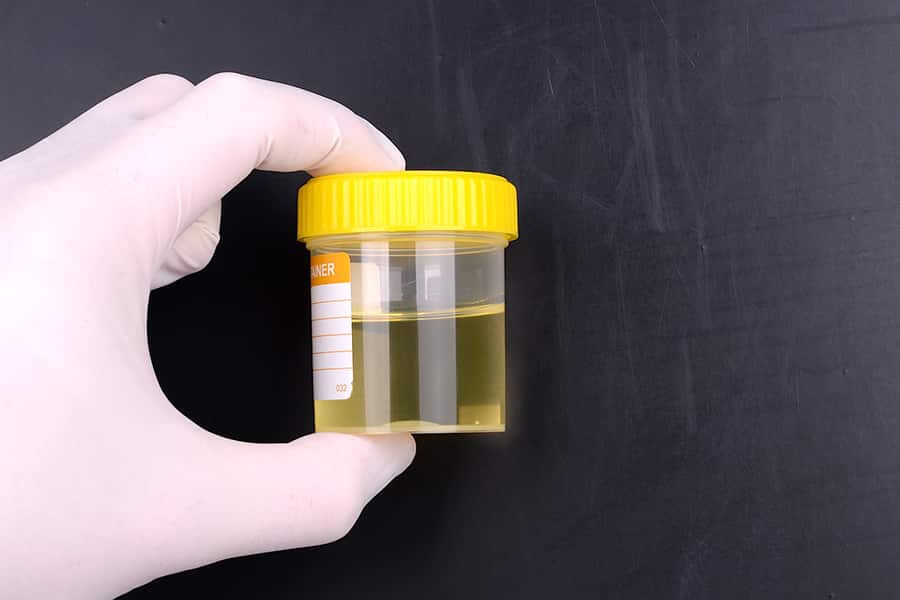Does Suboxone Show Up As An Opiate On A Drug Test?

If you’re considering going on opioid maintenance therapy (OMT) or you’re thinking of getting a loved one into treatment, then congratulations - you’ve already taken the first step. Naturally, the next thing for you to do is learn about the process and the medications involved in this type of therapy.
What is Opioid Maintenance Therapy?
Opioid maintenance therapy is a type of therapy for people struggling with serious opioid addictions who want to get their lives back on track. While you’re technically still using opioids during OMT, you’re able to get your dose from a doctor at a scheduled time everyday. This eliminates the need to run around calling drug dealers and trying to score, which is the main preventative factor that stops addicts from leading ‘normal’ lives.
Through the use of medications like Suboxone and Methadone, opioid addicts are able to gain some stability in their lives. These are long lasting drugs that aren’t as habit-forming as other illicit opioids - meaning that you won’t be as driven to re-dose after you take your medication.
It’s important to remember that OMT medications are still opioids, and while they may postpone withdrawal symptoms, you will still have to deal with the withdrawal process when you try to get off of OMT. The withdrawals from Suboxone and Methadone are much more protracted (they last longer) than those of more popular opioids like heroin and morphine, so if you think you’re capable of stopping your use without OMT, that’s probably your best bet.
Methadone has been used for more than half a century and was the first drug prescribed to actually get people off of street drugs and onto a more sustainable plan. However, recent studies have shown that methadone is very unhealthy for the body and can lead to long-term problems with bones, joints, and cognition.
Suboxone has only been in circulation for a couple decades, but response to this new form of OMT have been overwhelmingly positive. Suboxone provides long-lasting maintenance without - as far as current studies show - any of the long-term damage that methadone causes. It’s also unique in its pharmacology and much more difficult to abuse than methadone.
Does Suboxone or Methadone show up as an opiate on drug tests?
They sure do.
However, this probably won’t get you into trouble if that’s what you’re worried about. Depending on the type of drug test that you're being given, the test might be able to reveal that you’re taking methadone or suboxone. Certain tests are able to differentiate between different opioids, but these are usually more thorough tests given by medical facilities that test specifically for opioids. Tests given by or for employers will typically just test positive for opioids.
However, considering methadone and Suboxone are legal for treatment, you should be fine informing your employer or whoever’s giving you the drug test that you’re taking opioid maintenance therapy. Since you’re on a legitimate recovery plan, they shouldn’t be able to legally discriminate against you - however, if you’re screening for a job application, some employers can be skeptical to accept people with known drug problems.
In conclusion
Suboxone and Methadone are opioids, and will show up as thus on drug tests. If you’re able to stop using opioid medication without having to resort to OMT, then that might be in your best interest. That will be the quickest route to get you off the drugs, and you’ll no longer have to deal with testing positive on a drug test.
It might be more painful this way, but you’ll also be free of the grip of opioid addiction much quicker. Suboxone and methadone provide a crutch for getting your life back together, but remember - you’re going to have to go through withdrawal someday if you don’t want to be chained to the medicine your whole life.